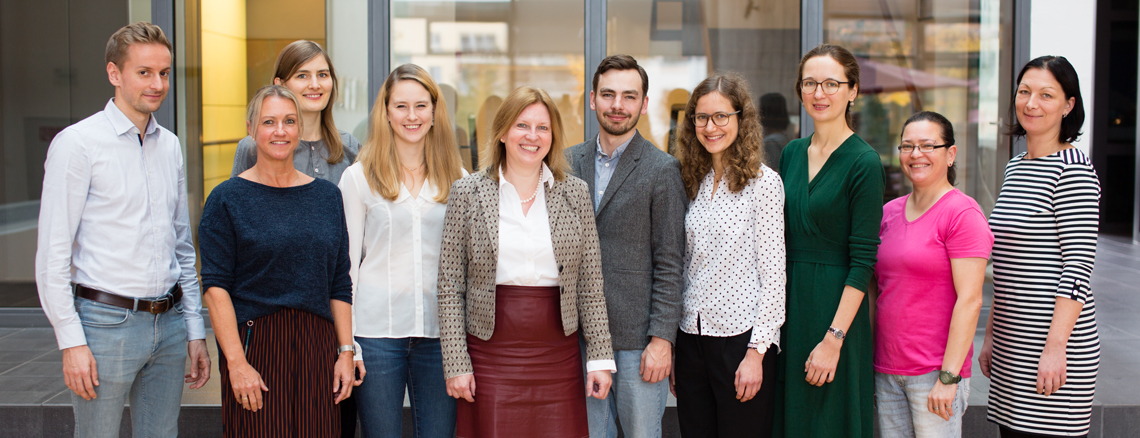Translational Neurogenetics

The Translational Neurogenetics Section comprises six research groups, each headed by a junior group leader, who are working towards the common goal of transferring basic research findings from the laboratory into clinical practice. To this end, a main focus is on the development of biomarkers and readout parameters that will not only improve our understanding of the pathophysiology of inherited movement disorders but that may also serve as the basis for testing rescue strategies and for the development of new drug targets in human cellular models (induced pluripotent stem cell-derived neurons) as well as in animal models (drosophila and mice).
Through its intimate connection to the patient facilities and Lübeck Center for Rare Diseases, potential treatment options can be tested in clinical practice. For example, the Section has recently been funded by the Federal Ministry of Education and Research (BMBF) to carry out a clinical trial in Parkinson disease patients genetically predisposed to mitochondrial dysfunction using mitochondrial enhancer strategies (Coenzyme Q10 and Vitamin K2).
Detailed information on the individual research groups can be found below:
- Translational Neurogenetics
- Genetics of Rare Diseases
- Functional Genetics of Movement Disorders
- Integrative Omics in Parkinson Disease
- Neuropsychiatric Epidemiology
- Clinical Neurogenetics and Neuroimaging
- Mitochondrial function in movement disorders
- Institut für Systemische Motorikforschung
- Applied Stem Cell Biology